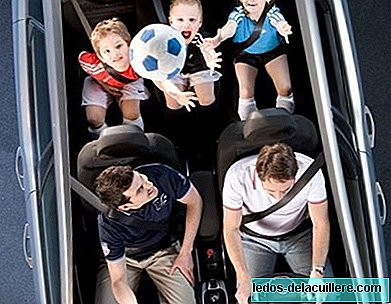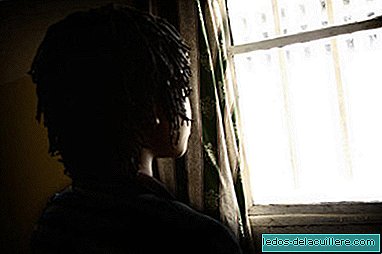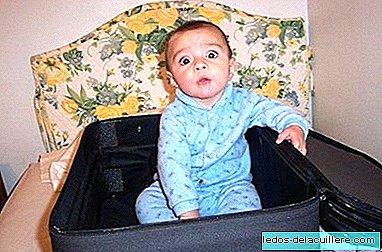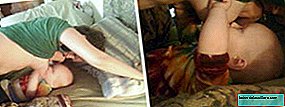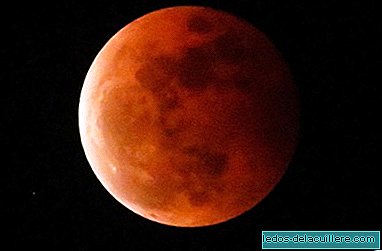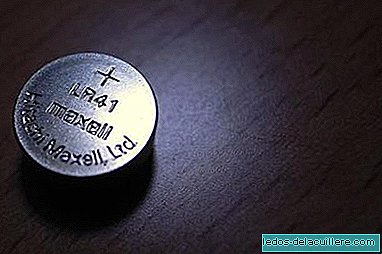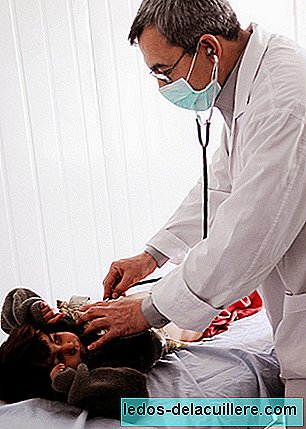
Pediatricians associations have come together to claim the official recognition of the specialty of Primary Care pediatrics. It seeks to ensure that the child's attention remains in the hands of professionals who are specifically trained.
In certain Autonomous Communities, such as the Balearic Islands, Valencia, the Canary Islands, Madrid or Murcia, between 30% and 50% of the Pediatrics positions are being occupied by professionals without a specific degree in Pediatrics.
It also turns out that one of the main problems facing Spanish Pediatrics is the specialist deficit, in fact it is estimated that in our country there are at least 500 pediatricians less than necessary, and on the other hand those who exercise are poorly distributed . In more than 50% of the autonomous communities quota exceeded Recommended by first level consultations. There are pediatricians who have to see more than 1,300 or 1,500 children. In fact, it contrasts that in some areas, these professionals see about 32 children a day and in others, such as Andalusia, more than 70. This is detrimental to the time they can spend in the consultation.
The average time should be 12.9 minutes and currently stands at 9.4 minutes. ” By areas, the most unprotected communities would be Andalucía, Baleares, Valencia, Canarias, Madrid and Murcia.
All pediatric specialists acquire this degree after a four-year formal training that enables them to provide the best health care to the child. "Nowadays pediatric knowledge is so wide and complex that it requires first a broad training in general pediatrics and then in certain training areas such as Primary Care, where the uniqueness of the child is studied, which can never be considered as an adult in small”.
Without the recognition of this training area, we run the risk that doctors do not have the appropriate training, that trained professionals in other areas are incorporated into child care and, worse, that the pediatric care system that we currently have disappear . The territorial differences noted in pediatric care in recent years raise concern in the professional group. As denounced by pediatric scientific societies, the saturation of some consultations, with quotas of children well above the recommended figures, is generating “inequities” in access to pediatric care, depending on the geographic area of residence, “and may mean a decrease of the quality of care that jeopardizes the current model ”
The value of Spanish pediatric model, which incorporates the figure of Primary Care Pediatrics, stands out even more when compared to other models of health care that are being applied in other countries where the first level of care does not have these professionals. "The clearest example would be that of the United Kingdom, whose model has serious shortcomings that result in an increase in infant mortality and morbidity," says Dr. Dominguez, president of the AEPAp.
In the AEPED they tell us that the Primary Care pediatrician's consultation is the natural point of entry into the Health System. There, comprehensive attention is given to those under 14 years of age and systematic control of their growth and development is made. Dr. Bonal (president of SEPEAP) states that “that today nobody doubts the role of a pediatrician and this is also confirmed by the numerous groups and associations of parents who have publicly denounced the lack of pediatricians in some primary care consultations”
The evidence of cost / benefit balance in the attention to children from Primary Care seems to be quite clear. The existence of pediatricians specifically trained to solve childhood pathology in Primary Care means that the ailments that most often afflict minors are resolved earlier, are less intense, are better controlled and fewer complications are recorded.


